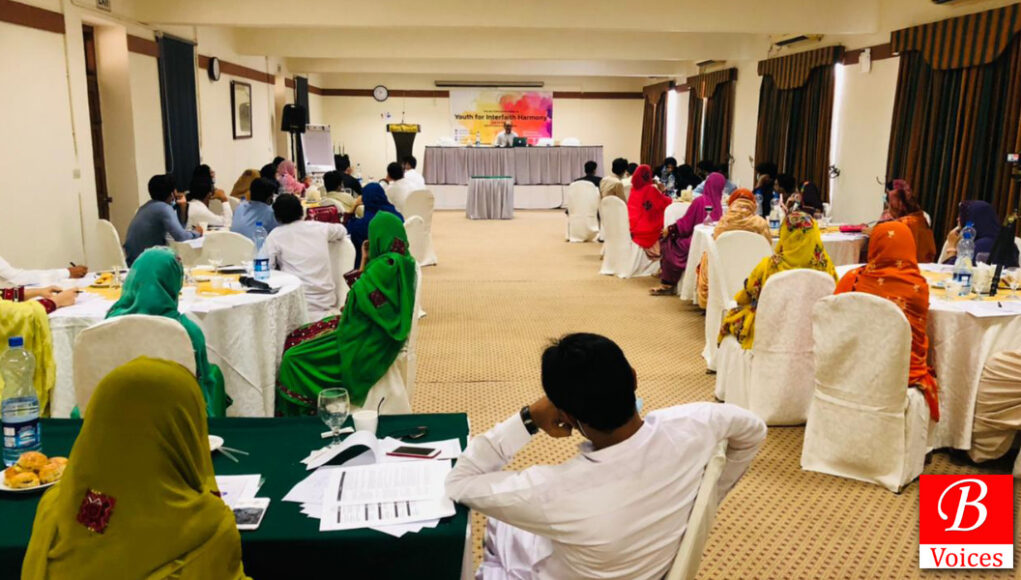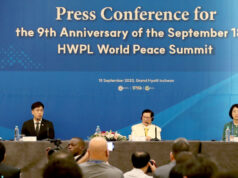Press Release
QUETTA: Speakers at a workshop said policies in the past decades were responsible for the progressive radicalization of society. Decades of mental conditioning through education, ideological indoctrination, and other means have led to faith-based polarization and anti-minority hostility in Pakistan. In the contemporary environment, members of minority religious groups find it hard to live in peace with equal rights and dignity. Even constitutional safeguards and other legal protections have done little to ensure equality of citizenship for all, the speakers added.
Social researcher and author of ‘Radicalization in Pakistan’, Safdar Hussain Sial, said the discrimination against religious minorities is widespread and systematic and includes economic exclusion. The minorities often lack equal access to employment opportunities which is a key factor behind the immense economic disparity across different religious groups in Pakistan. In certain cases, members of minority communities are denied the critical identity or citizenship documents which, among other things, cut them off from the job market, Sial said.
The anti-minority sentiments are further aggravated by the weaponization of certain laws such as those criminalizing blasphemy or targeting a particular religious group. The blasphemy law has been misused against the non-Muslim and Muslim communities alike, leading to many incidents of mob violence, Safdar Sial said, adding that in such a scenario the role of youth in creating a more tolerant and peaceful society is crucial.
During the workshop, the minority issue was also put into regional perspective by security analyst and director Pak Institute for Peace Studies (PIPS), Muhammad Amir Rana, who revealed that around 65,000 Rohingya Muslims have been living in desperate conditions in Karachi for decades. Stressing the significance of citizenship, Amir Rana said depriving an individual of citizenship is depriving them of fundamental rights and basic social services such as health and education. The Rohingya community continues to languish as stateless people in Pakistan, he added.
Organized by the Islamabad-based think tank, Pak Institute for Peace Studies, the two-day educational and training workshop was part of the nationwide workshops for the promotion of interfaith harmony among the Pakistani youth. University students from across Balochistan participated in the workshop and exchanged thoughts around the theme of interfaith harmony. The participants were also given quick training in effective use of social media tools by senior journalist and social media activist, Sabookh Syed. The Pakistani youth can use the power of social media to support peace and harmony, and oppose discrimination against minorities, Syed said.
Share your comments!








